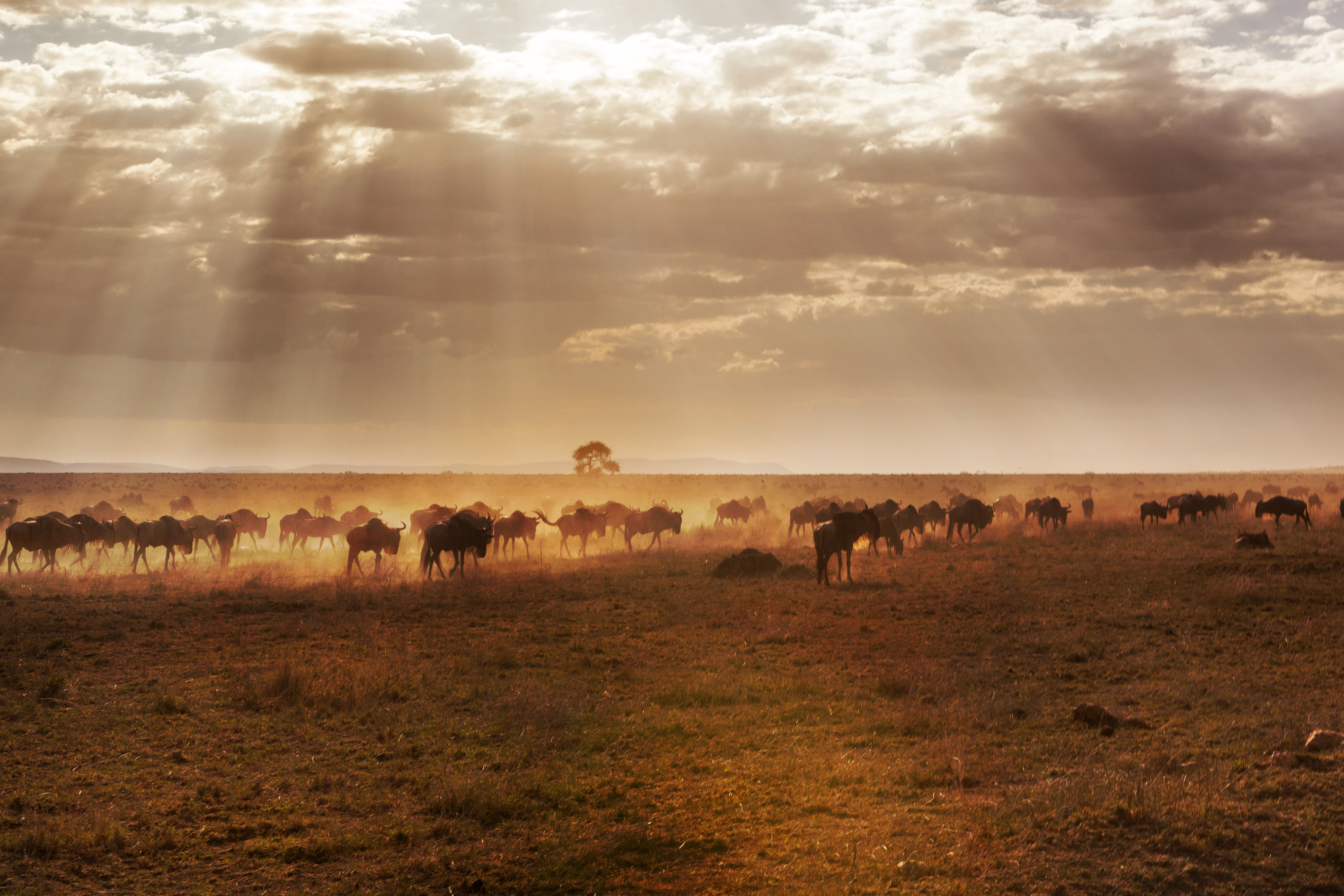Trophy hunting in Hwange National Park, Zimbabwe, has significant impacts on African lion populations, particularly when adult males are heavily targeted. Removing dominant males disrupts pride dynamics, often leading to infanticide and lower survival rates. Research shows lion numbers declined under high hunting pressure but rebounded—up 62% overall and 200% in adult males—when quotas were reduced. Stable male coalitions formed, and lion territories shrank, reflecting better population health. Lions near park boundaries faced greater risk due to hunting and human conflict. While unregulated hunting is detrimental, the study highlights that science-based, limited trophy hunting can support both conservation and community income if carefully managed. The findings stress the importance of balancing lion protection with sustainable use, ensuring ecological stability, genetic diversity, and local support. Responsible hunting, when embedded in conservation strategies, may serve as a tool for lion population recovery and long-term ecosystem health.

